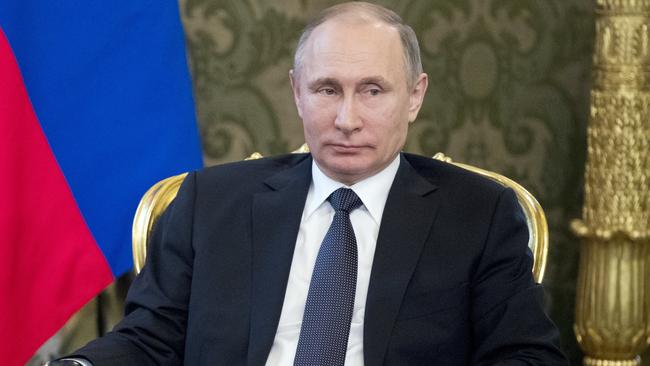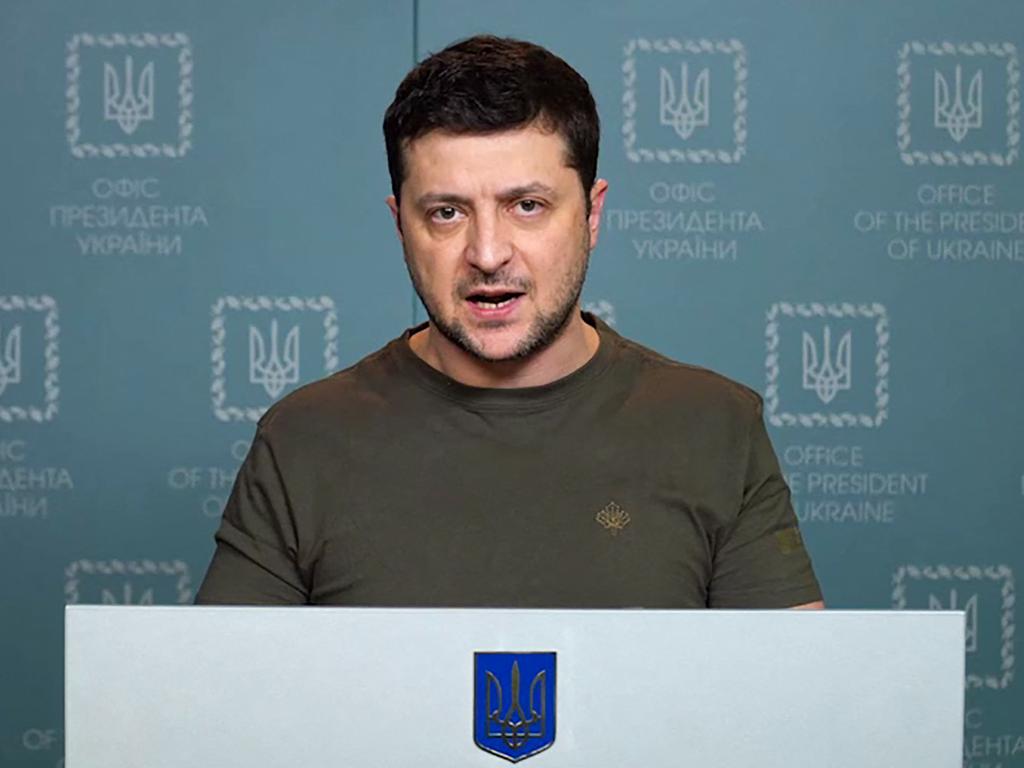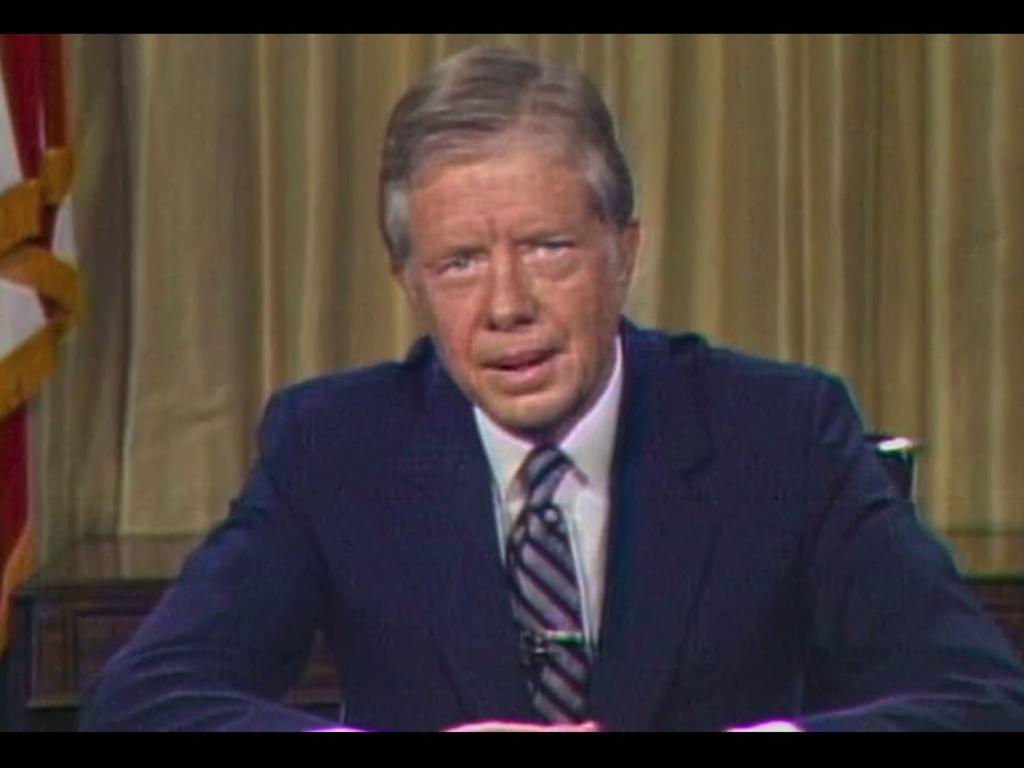Vlad the terrible was hiding in plain sight
Russian President Vladimir Putin’s exposure as a reckless ideologue bent on fulfilling a self-scripted destiny should have been no surprise.

Well, that wasn’t supposed to happen, was it? One minute we’re dealing with the aftermath of a pandemic and worrying about inflation and the next we’re in the middle of a new Cold War and fretting at the edge of a new hot one, while a big European country burns. And all because of one man. Literally all because of one man.
A man most of us obviously got wrong. If I may crudely distil the popular wisdom of recent years concerning Vladimir Putin, it is that he is (or was till last week) a pragmatic kleptocrat with a single overriding objective: staying in power. This motivation is what had led him to suppress dissent at home, strengthen despotism on his borders and destabilise the western democracies and their alliances.
We have shoe-horned almost everything he has done into this idea of him and his regime. Annexing Crimea? It made him more popular at home. Having his agents wander round Britain with vials of nerve agent? The mafioso’s punishment for breaking the code of omerta. Massing troops on the Ukrainian border? Support for rebel regions to weaken democracy in Kyiv and the power of its example to Russian citizens? All bad, but containable.
Then came last week’s speech, the night before the troops and bombers went in. Many clever people still thought he was maybe after a slice of the Donbas and a bit of Luhansk, whatever and wherever they were. We awoke to discover that he was actually after the entire country, and that the pragmatist had become the ideologue.
The day after the invasion began, the government-controlled Russian news agency, RIA Novosti, suffered a nasty case of premature publication and emitted a piece by a Petr Akopov that had clearly been intended to coincide with VU Day.
In toppling the Ukrainian government, Akopov wrote, “Russia is restoring its historical fullness, gathering the Russian world, the Russian people, together in its entirety of Great Russians, Belarusians and Little Russians [Ukrainians]”.
By leading this invasion, he continued, “Vladimir Putin has assumed, without a drop of exaggeration, a historic responsibility by deciding not to leave the solution of the Ukrainian question to future generations”.

Off fall the blinkers, worn in good faith because not to wear them was to live always in the shadow of an impending conflict. To show that far from being a calculating and venal bad person, Putin is a reckless, ideological bad person, one of those destiny men who sees himself as a great figure with only a small window in which to recreate Great Russia. Including the whole of Ukraine.
Which leaves us in a worse situation than during most of the Cold War. After Stalin, the leadership was essentially collective. The men in fur hats replaced Khrushchev in 1964, then let Brezhnev, Andropov and Chernenko ail and die in office and finally chose Gorbachev. Their imagery was collective: the row of men on the top of Lenin’s tomb saluting the rockets and gymnasts, with the general secretary primus inter pares. Together, advising each other, they were not uncareful.
Look at Putin’s chosen furniture. His imagery (vast table, echoing hall, distant cowed underlings and him, alone, exercising sole power) is monarchical. He is an autocrat, not a chief oligarch. His creatures are political eunuchs. If you were an adviser to Putin you’d work out very carefully what advice he wanted.
Those images reminded me of something. My late mother was a commie and a movie buff and in our house that meant trips to see the works of the great Soviet director, Sergei Eisenstein. I must have been nine or ten when I first saw his two films about Ivan the Terrible, commissioned by Stalin in 1942 as the Nazis raced for the Volga, and believe me, they stick in the memory.

In these films Ivan is a cruel man, a driven man, but above all a necessary man. His ruthlessness and violence is in the service of Russia, its people and its almost mystical existence as a place and an ideal. He takes on the Tatar Khanates of the East and conquers them, wages war on the effete, sneering westerners of Poland and Livonia, and crushes revolts by over-powerful nobles. He is always alone.
Ivan the Terrible – credited with murdering his own son – was not much celebrated in the post-war Soviet Union. No tsar was.
But in 2016, an eight-metre statue to him went up in the town of Oryol, which he founded in the 1560s. The mayor, who organised the erection, linked the tsar to the president. Both were strong men and both embodied the will of the people.
If, like me, you’re something of a Russophile, you may have looked through streaming services for contemporary Russian TV series and movies. In the last decade they’ve churned out several series on past tsars and tsarinas, from Catherine the Great to Ivan himself. And always the same themes, between the ripped bodices and sword-fights: western hostility and subterfuge, Russian authenticity, and the need to guard against internal enemies. The message is constant, although I imagine appreciated more by the older, provincial citizen than by the connected TikTokkers of the cities.

Putin himself seems to believe in something more organised than a set of movie memes. In 2005 he arranged the repatriation and reinterment of the remains of an early 20th-century Russian philosopher, Ivan Ilyin. Since then Ilyin quotes have peppered Putin’s speeches and interviews, and Ilyin’s works have been recommended to Russian officials and Russian youth.
This should have been a warning, because for much of his life Ilyin was what you might call a Christian fascist. Decrying democracy and the limitations of law, Ilyin preached that Russia – “an organism of nature and the soul” – was, even when it was expanding into an empire, essentially suffering victimhood at the hands of others. Russia was always innocent and always indivisible. Whatever it did was right.
Imagine giving total power to someone who believes this. It is so frightening that we decided (aside from a pessimistic few, now able to claim their prophetic mantles) not to notice. The nasty but negotiable kleptocrat suited us better. Well, we know better now and Ukrainians are bleeding with the knowledge.
Bertolt Brecht put it well in his allegory of the origins of the Third Reich, The Resistible Rise of Arturo Ui. “If we could learn to look instead of gawking / We’d see the horror in the heart of farce / If only we could act instead of talking / We wouldn’t always end up on our arse.”
The Times







To join the conversation, please log in. Don't have an account? Register
Join the conversation, you are commenting as Logout